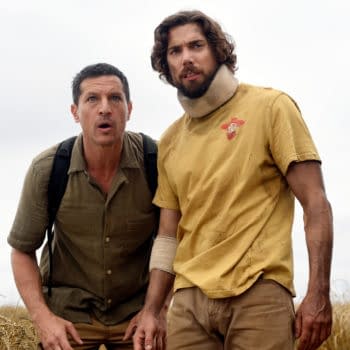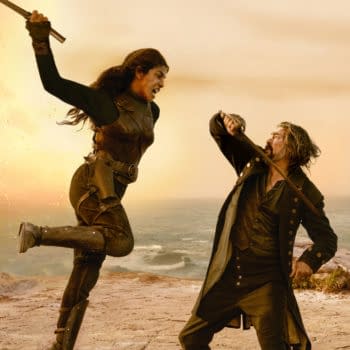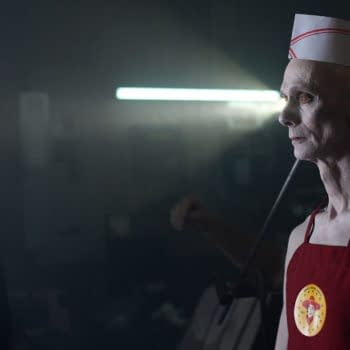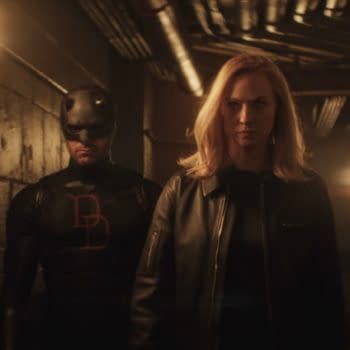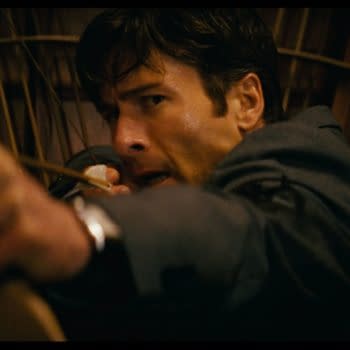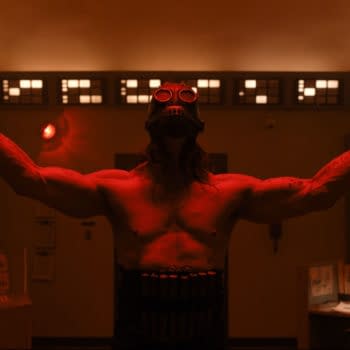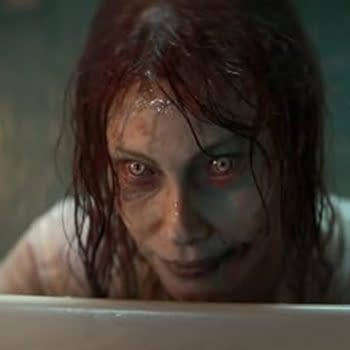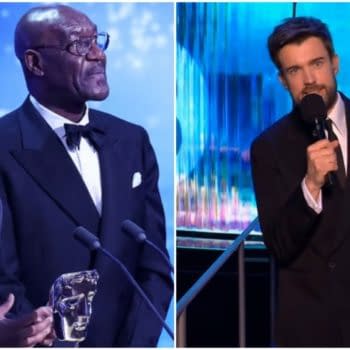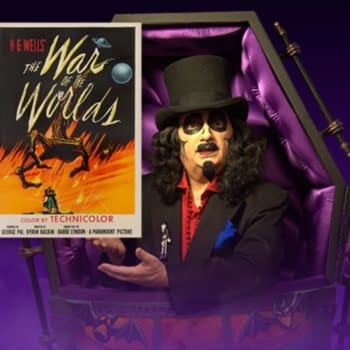Posted in: Exclusive, Interview, Movies, Netflix | Tagged: Benjamin Ree, interview, Mats Steen, netflix, The Remarkable Life of Ibelin
The Remarkable Life of Ibelin Director on Inspiring WOW Gamer's Story
Director Benjamin Ree (Magnus) spoke to Bleeding Cool about the late Norwegian gamer Mats Steen, who is featured in Netflix's The Remarkable Life of Ibelin.
Article Summary
- Discover how Mats Steen found community through World of Warcraft despite his terminal illness.
- Director Benjamin Ree shares insights on adapting Mats Steen's inspiring story.
- The film explores virtual friendships, love, and the human condition through gaming.
- Transitioning from real to virtual worlds posed unique storytelling challenges in the documentary.
It's always difficult to make sense of life, especially when it's cut short due to a terminal illness. It was something Mats Steen, a Norwegian gamer who passed at the age of 25, and his loved ones were all too painfully aware of. Having suffered from a terminal degenerative muscular disease, it would naturally be difficult to engage in activities, especially physical ones, but he found an outlet in World of Warcraft, the popular MMORPG from Blizzard Entertainment. He was able to explore himself not only through engaging in the PC games' various tasks but also by finding a welcoming community, even if he may never meet them in real life, inspiring others to experience the joy in life as he does in the game. Director Benjamin Ree, who's worked on similar stories depicting the human condition in 2016's Magnus and 2020's The Painter and the Thief, spoke to Bleeding Cool about bringing the late Steen's life to the screen with a mix of past writings, anecdotes from family and his gaming friends across Europe, and recreating his virtual world in The Remarkable Life of Ibelin.
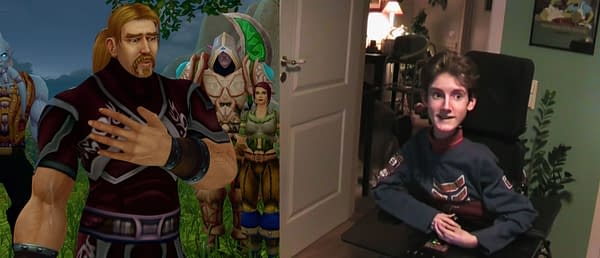
Director Benjamin Ree on Bringing Mats Steen's Story to Life in The Remarkable Life of Ibelin
Bleeding Cool: What inspired you to tell the story of Mats Steen in 'The Remarkable Life of Ibelin?'
I read an article published in 2019 about Mats's life, and that was the first seed that gradually became this film. When I read that article, I cried a lot. The story was remarkable. At the same time, it asked a lot of questions like, "Is it possible to fall in love with somebody you have never met? Can you become friends with somebody you never met?" These were the initial questions I started at the beginning of this project.
How do you approach a documentary like this compared to others?
This is my first documentary, which is done in retrospect and compiled from Ibelin's statements. It was all done with interviews with his friends collecting written text. It was a completely different approach than the observational documentary filmmaking I've done in the past. It's also similar in the way of telling your story and in a cinematic way.
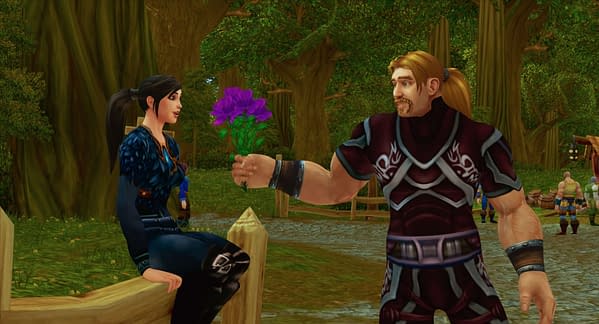
What did you find was the biggest obstacle you had telling this story?
It's difficult to transition from real life into the virtual world and make it work. After one year in the editing room, the film still didn't work, and one of the reasons was that we didn't manage to transition the film into the virtual animated world, as the audience was invested in the real world. Finding storytelling techniques to make that work was the biggest challenge, so we spent two years in the editing room before the film started working.
Were there any aspects to the story off limits, or are you giving completely free rein?
I got free rein in this film. We cut a lot of scenes because it didn't work in the editing room. All of Mats's friends and family spoke honestly about his life. We had access to all the written dialog and texts from Mats and his friends as well. They were open with us.
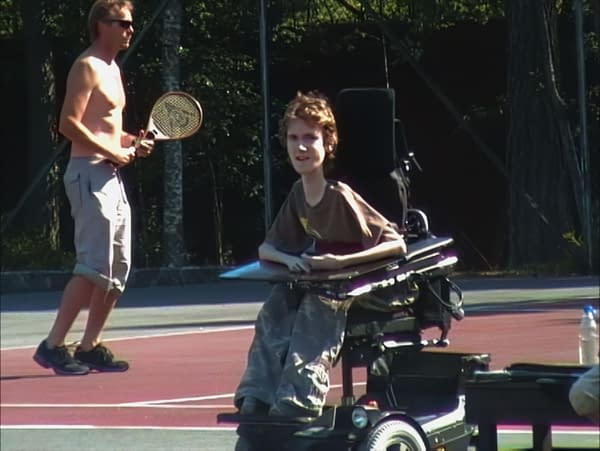
Did it take much for the casting process to find soundalikes for the people involved?
That worked well. We use two casting agencies, one in the UK, Whitstable Agency. They cast great voice actors for the film, which worked well. There were a lot of casting sessions, so we got a lot of tests for the voice actors, and I pitched the ones we felt were the best for the different avatars and characters.
What's next for you?
I have a documentary that is partly archival-based and partly observational-based. I've been feeling it out since 2017, so we're in the middle of editing. It's a feature film, and I can't say more than that at this moment.
The Remarkable Life on Ibelin is now playing on Netflix.







